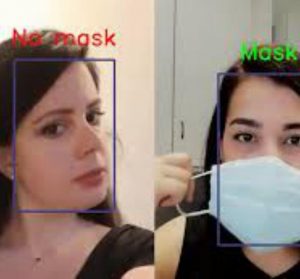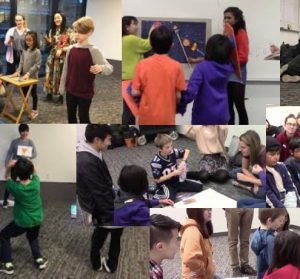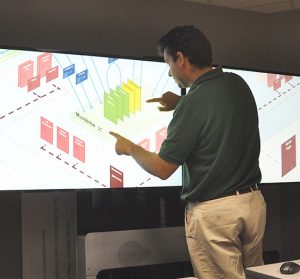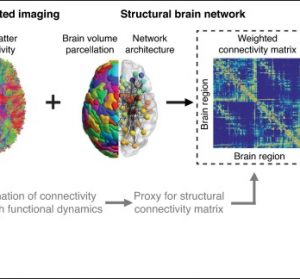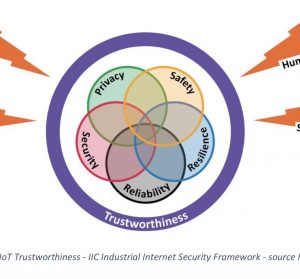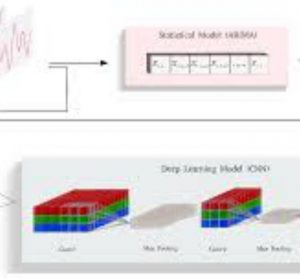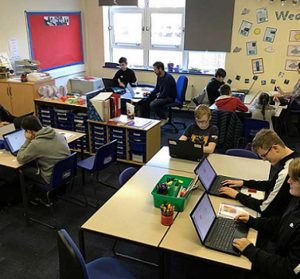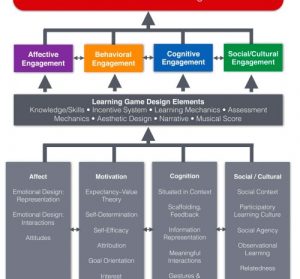Implementation of Principal Component Analysis on Masked and Non-masked Face Recognition
Abstract This paper represents an implementation of Principal Component Analysis (PCA) on masked and non-masked face recognition. Security is an essential term in our today’s life. In various Biometric technology, […]
Implementation of Principal Component Analysis on Masked and Non-masked Face Recognition Read More »
